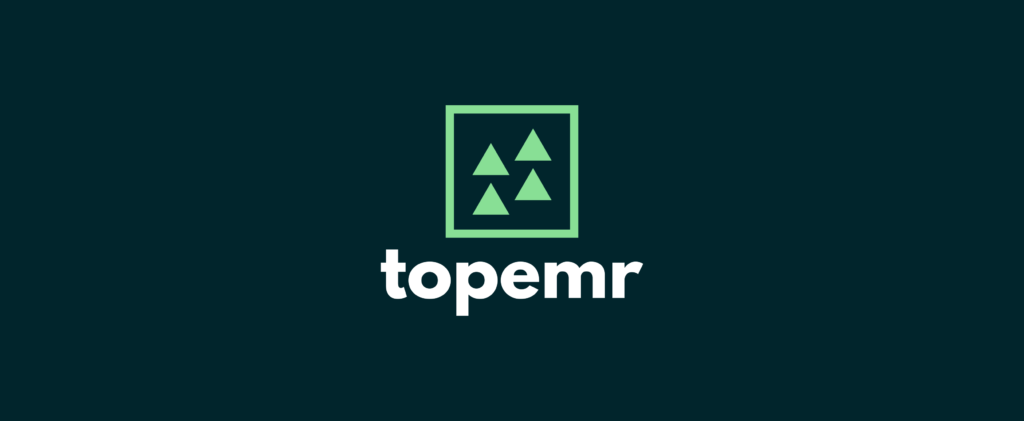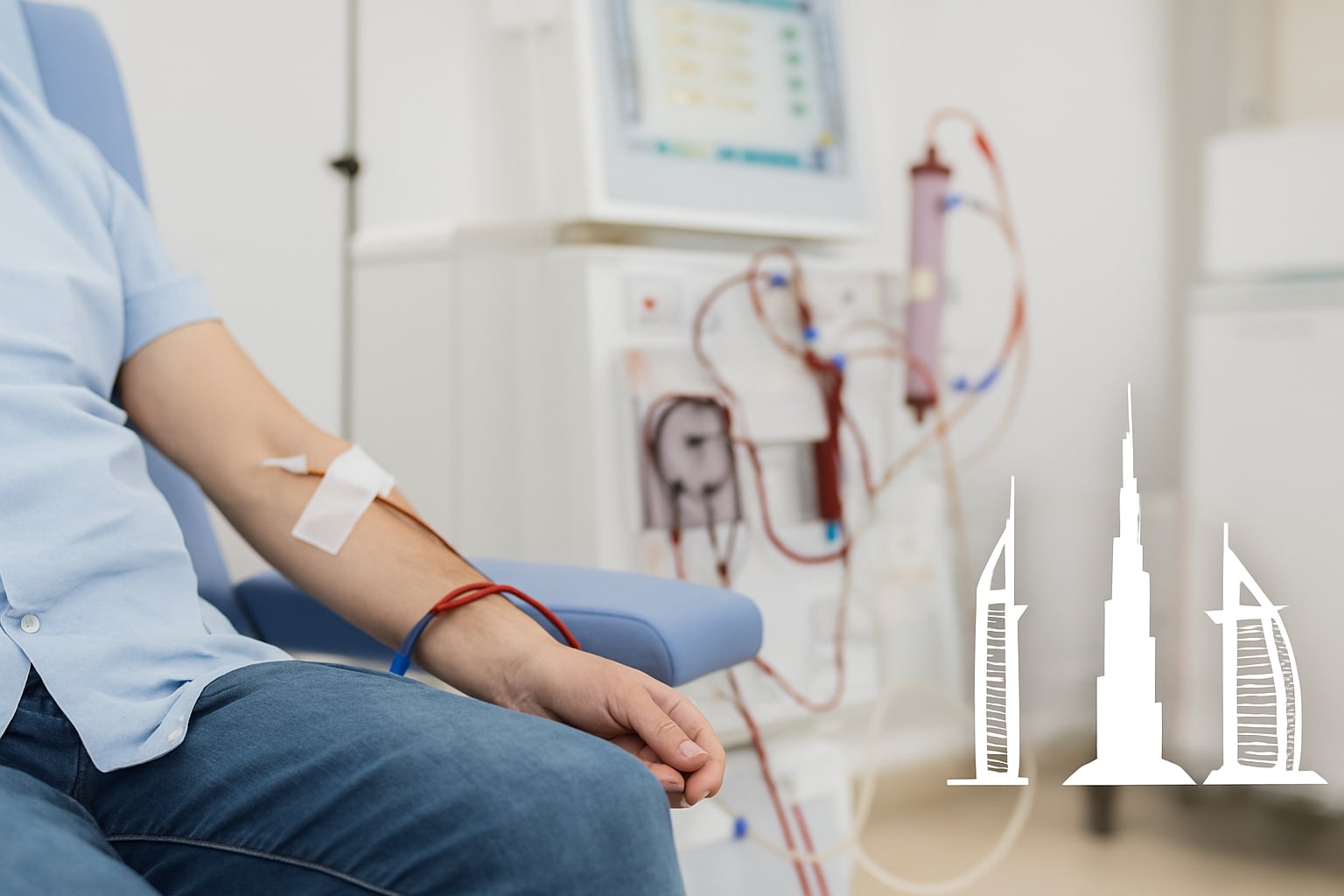1. Dubai’s Regulatory Reality for Dialysis Clinics
Dubai Health Authority’s Standards for Renal Dialysis Services (effective Sept 2024) set exacting requirements—clinic licensing, staffing levels (nephrologist, senior nurse, techs), facility layout, infection control, audit protocols, and emergency transfer readiness.
These mandates include mandatory certifications (BLS, ACLS, PALS), segregation of HBV/HCV patients, water quality logs, and governance structures. Digital readiness is increasingly seen as indispensable to meeting these demands consistently.
2. The Twin Drivers: NABIDH and Dubai’s Digital Health Agenda
Dubai’s NABIDH (National Unified Medical Records) platform is central to its digital health strategy, enabling unified patient records across public and private care. EMR integration with NABIDH supports instant access to diagnostics, history, and prescriptions.
Clinics that integrate with NABIDH benefit from streamlined workflows, automated reporting, and stronger data security—critical for compliance and quality operations in dialysis units.
3. What Dialysis Clinics Need: Key Pain Points
- Staffing Compliance & Credentials
- Tracking expiry and compliance for certified staff.
- Audit logs and staffing dashboards to satisfy DHA inspection.
- Tracking expiry and compliance for certified staff.
- Clinical Accuracy & Protocol Adherence
- Pre-session vitals, AV access checks, mandatory protocol fields.
- Error alerts and session-level compliance enforcement.
- Pre-session vitals, AV access checks, mandatory protocol fields.
- Infection Control & Segregation
- HBV/HCV flags and color-coded bays.
- Scheduling and audit tracking to enforce isolation.
- HBV/HCV flags and color-coded bays.
- Water Quality & Safety Monitoring
- Logging bacterial/endotoxin/chemical results with alerts.
- Digital audit trails required by DHA.
- Logging bacterial/endotoxin/chemical results with alerts.
- Incident Management & Emergency Transfer
- Documented hospital transfer workflows.
- Automated incident reports and incident tracking.
- Documented hospital transfer workflows.
- Operational Efficiency & Billing
- Shift scheduling, inventory tracking (dialyzers, consumables).
- Integrated billing, minimizing delays and errors.
- Shift scheduling, inventory tracking (dialyzers, consumables).
4. Clinicea in the Dubai Context: How It Delivers
- Clinicea offers tailored templates and protocol-backed workflows, reducing manual errors and ensuring consistency in data capture.
- It provides 360⁰ view of patient lifecycle—appointments, medical history, billing, vendor payments—centralized through its cloud EMR.
- Deep integration capabilities—syncing with Google Calendar, outreach tools, and more—means smoother operations and bolstered patient engagement.
Crucially, Clinicea is NABIDH-connected, enabling direct integration with Dubai’s unified health record. This supports DHA compliance, faster onboarding, and richer data analytics.
5. Case in Point: Compliance & Efficiency Gains in Practice
As echoed in your LinkedIn article about digital tools improving operational compliance, clinics in peer groups (LinkedIn/WhatsApp) report real-world benefits: faster audit preparation, standardized care protocols, and reduced oversight reliance.
Clinicea aligns seamlessly with these practices: offering audit-ready dashboards, enforceable protocols, credential tracking, and NABIDH‑based interoperability. Clinics gain consistent compliance documentation and operational transparency.
Saudi studies from early 2025 show that centralized, tech‑driven dialysis operations improve both clinical outcomes and cost efficiencies. Dubai clinics are positioned to replicate such results by adopting SaaS platforms aligned with DHA and NABIDH frameworks.
6. Dubai Roll‑Out Blueprint
A. Embed DHA‑Compliant Protocols
Pre-build in mandatory workflows: HBV/HCV segregation, emergency drills, patient consent, training logs, and staffing ratios—so clinics don’t need to build from scratch.
B. Force NABIDH Integration
Ensure duplex data exchange: patient demographics, labs, prescriptions, visit summaries—all synchronized with the unified national record.
C. Train & Track Credentials Digitally
Use Clinicea to track staff certification lifecycles. Include compliance training modules from BLS/ACLS/PALS and link them to logged audit-ready data.
D. Real‑Time Reporting Dashboards
Create live dashboards for infection rates, staffing compliance, incident logs, water quality, and patient throughput—with downloadable formats for DHA inspections.
E. Encourage Internal Case Sharing
Make time-savings, compliance achievements, and workflow improvements sharable in WhatsApp/LinkedIn peer networks—for peer validation and referral generation.
7. Strategic Impact: Clinic Growth & DHA Accreditation
Scaling multi‑site operations in Dubai demands structured SOPs and uniform metrics. Clinics can replicate workflows across facilities using Clinicea’s centralized protocol engine. Remote dashboards enable owners to monitor KPIs like utilization, patient retention, and infection control across locations.
Compliance reporting is automated—supporting both DHA site licensing and external accreditation (e.g. JCI or Accreditation Canada). As Dubai’s private dialysis network grows, Clinicea simplifies scaling with consistent governance, data visibility, and operational conformity.
8. Bringing It Together
Dubai’s dialysis sector is at a crossroads: increasing regulatory scrutiny from DHA and growing expectations for digital maturity. Clinical leaders who still rely on paper records and spreadsheets risk falling behind.
Clinicea offers a compliance-first, protocol-enforced, NABIDH-integrated SaaS platform that’s perfectly aligned with DHA licensing requirements, audit protocols, and growth ambitions.
It empowers clinic owners and medical directors to focus on patient care and outcomes rather than admin burdens—while scaling operations confidently and maintaining regulatory readiness.
🔗 Featured LinkedIn Article:
Modernizing Your Dialysis Unit: Where to Start in 2025
https://lnkd.in/gFeQjiSq


Leave a Reply